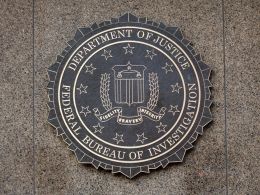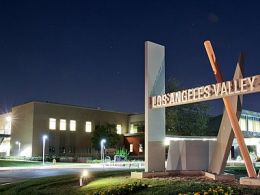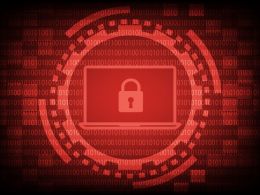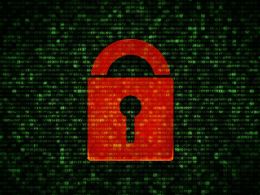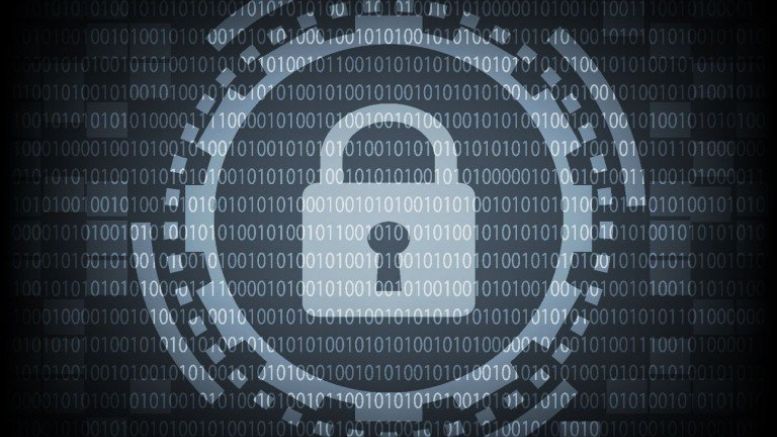
Ransomware Extortionists Land $17,000 in Bitcoin
A cyberattack targeting a Hollywood hospital laced with ransomware malware has been making rounds in mainstream news circles recently. In a separate incident, the Horry County school system in North Carolina was also struck by a ransomware cyberattack. The cyberattack on Hollywood Presbyterian Medical Center lasted nearly a fortnight after beginning on 5 Feb, with hospital systems affected and staff declaring an ‘internal emergency’. On Wednesday, the hospital announced that it had relented and paid the ransom demanded by extortionists. $17,000 in bitcoins. The attack began on the evening....
Related News
The FBI has changed its stance on ransomware extortionists saying people targeted should refuse to pay the bitcoin ransom despite a previous statement from the FBI encouraging victims to pay a ransom. At a recent Federal Trade Commission’s Fall Technology Series, supervisory special agent for the FBI’s Cyber Division, Will Bales, said that businesses or individuals targeted by ransomware should refuse to pay the ransom, as reported in Dark Reading. He said: People have to remember that ransomware does not affect just one person or one business. It will more than likely move on and affect....
The Los Angeles Community College District (LACCD) has confirmed a payment of $28,000 in bitcoin toward cybercriminals wielding ransomware. The Los Angeles Valley College (LAVC) was targeted by the extortionists, who successfully encrypted the college’s email systems, voicemail and computer networks. First detected on December 30, 2016, the attackers forced a week-long deadline to pay the ransom. According to independent student newspaper The Valley Star, a ransom note appeared on a compromised college server and it simply read: You have 7 days to send us the Bitcoin after 7 days we will....
A recent survey by corporate networking firm Citrix has revealed that companies are ‘stockpiling’ bitcoin to use the cryptocurrency as ransom payment if faced with a ransomware attack. Over the years, cybercriminals have conducted phishing campaigns, hacking endeavors and DDoS attacks as effective means to engage in cybercrime. In recent times, the emergence of ransomware malware has targeted everyday individuals and large companies alike. The malware typically uses cryptography to encrypt a target’s files on the hard drive, demanding a ransom payment – typically in bitcoin – in exchange....
Ottawa-based Carleton University in Canada is the latest institutional target of ransomware hackers who struck the university’s IT network, potentially compromising any Windows-based computer with access to the university’s main network. Encryption-based ransomware fundamentally blocks access to victims’ files on local storage media and only allows access when a decryption key is entered, typically delivered in return for a ransom. The institution’s IT department confirmed the ransomware attack upon its network with a post on social media yesterday at 11 AM local time: The IT department is....
On the 26th of November, the San Francisco Examiner reported the San Francisco Municipal Transportation Agency (SFMTA) was hacked. Infected computers at Muni stations were reportedly downed by HDDCryptor ransomware, whose masters attempted to extort the station for bitcoin. As a result, passengers got a free ride throughout the weekend as the agency was forced to open up the gates, since they were unable to process fare payments. Muni ticket machines, kiosks, employee laptops, email and printed services, payroll systems and SQL databases were compromised according to The Register. Out of a....

